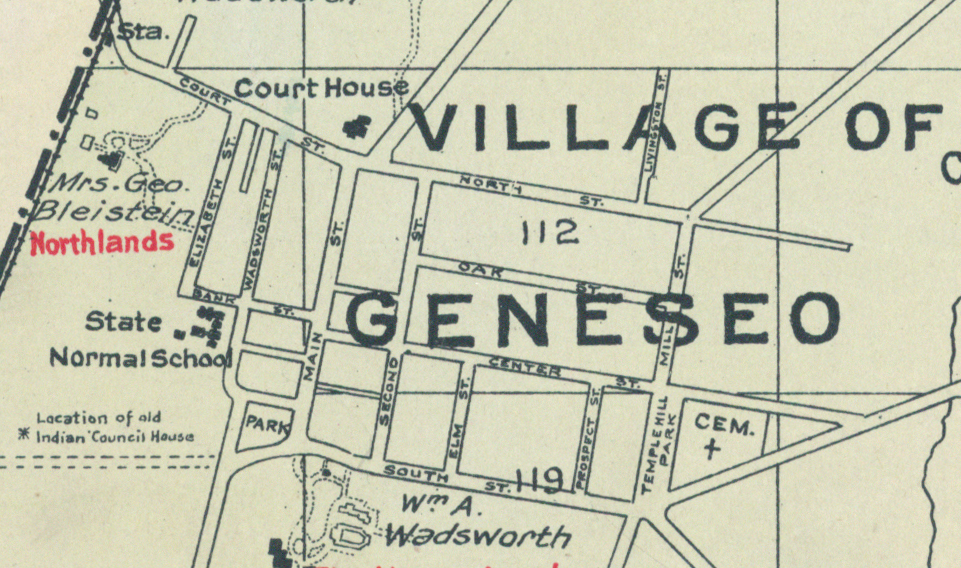In the first of our series of Q&As with current SUNY Geneseo history majors, we’re chatting with Jenna Lawson (’18), about what she finds fascinating about history, her career goals, and why Richard Pryor would be a great person to have a cup of joe with.
Why were you drawn to the study of history?
It never occurred to me to study anything else. I always wanted to do historical research to unpack and evaluate the sociopolitical arguments I heard around me. Growing up in a very politically diverse family, I found myself wanting to mediate and solve conflicts over Thanksgiving dinner. I also come from a very small, racially homogeneous town in Western New York, where I was told that racism essentially ended in 1965. I felt a disconnect between what my history book was telling me and the lived experiences I heard about online and decided that I would no longer take such critical information and historical contexts at face value.
What did you research for your HIST 302 course, and what did you want that research to achieve?
I researched comedic crossdressing and drag performances in television and film from 1950-1999 and tracked effects on the transgender community. I came into the project aiming to prove the real-life effects that seemingly throw-away jokes can have on marginalized individuals, and I was not disappointed. I ultimately found that performances of crossdressing aligned closely with modern rhetoric of the transgender bathroom debate of men infiltrating women’s spaces and engaging in threatening voyeurism, while performances of drag often subverted (and in some cases, reinforced) societal expectations of the LGBTQ+ community.
What interesting things/items did you come across in the course of your independent research?
My research was complicated by the unexpected finding that issues of race were still very much prevalent in the drag community and that progressive displays of gender often co-opted or discouraged non-white cultures, thus limiting the positive effects of the performance. I expected to find that the drag community during this era was a kind of utopia, but even in all-black drag spaces, the desire to appear white was still extremely pervasive.
Working independently on a history project calls on lots of different skills. What was the most important skill/method you had to call on during your research?
Time management cannot be stressed enough. I had never written such an extensive research paper before, and holding myself to a strict schedule and engaging in collaborative peer review with my fellow students was a huge asset in completing a successful project. I sacrificed a few Friday nights sifting through endless digital archives, but it was definitely worth it.
What do you want to do with your degree from Geneseo?
I hope to one day work either at a national museum or as a historical researcher for political satire television like Full Frontal with Samantha Bee or Last Week Tonight with John Oliver in order to bolster the legitimacy of comedy as a medium for social reform and criticism. Regardless of where I go from here, I aim to represent the views of historically marginalized groups, and I am confident that studying history at Geneseo is the best path to help me get there.
If you could have a coffee with any person from history, who would it be and why?
I would love to have coffee with Richard Pryor. I find his stand up routines that expose the contradictions and absurdities of racism in America to be one of the most revolutionary uses of popular culture and media of all time. I would give nearly anything to hear his take on our current political climate because he was such a merciless quick thinker who allowed his opponents to back themselves into exploiting their own hypocrisy and could shatter defenses with just a look. I also think neither of us would be big coffee drinkers, but that’s neither here nor there.
